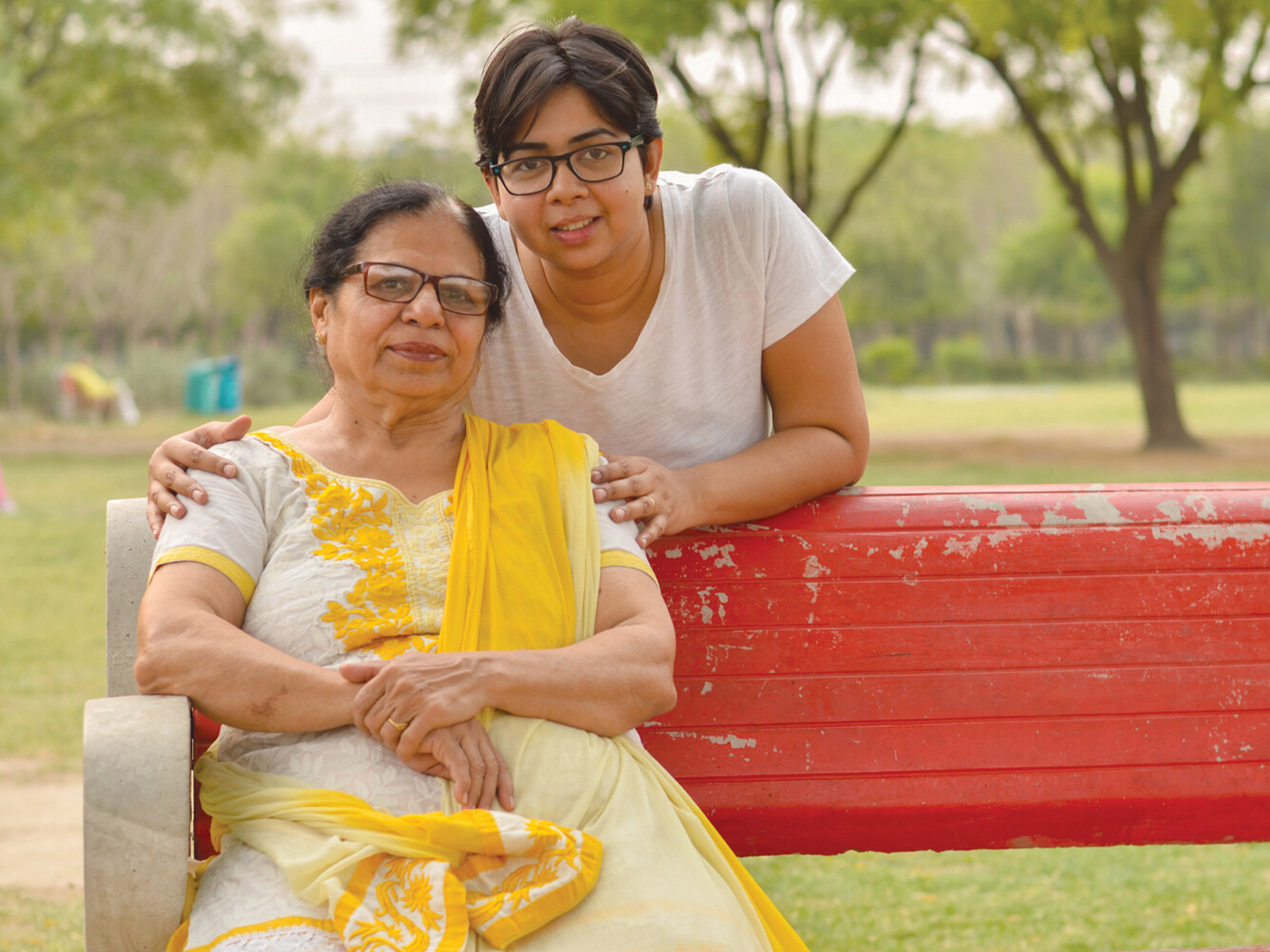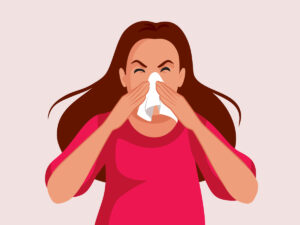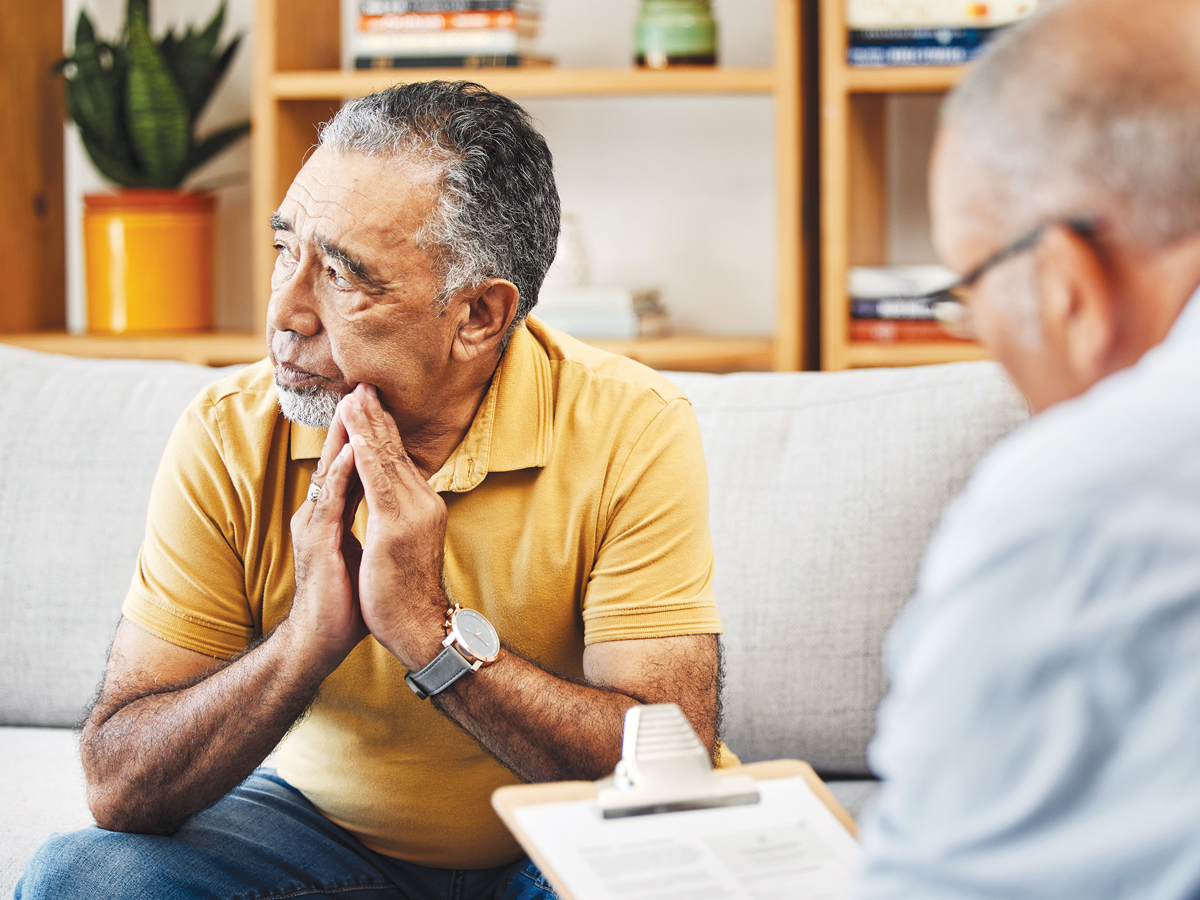These days the hot topic at church functions, water cooler breaks and fundraising soirees seems to be caregiving. Just like a few years ago when child-care and nannies, Montessori and French immersion were the talk of the town, today it’s what’s up with our aging relatives. Try this test next time you’re with a group of five or more people.
Ask who knows someone who’s having challenges finding or providing care for a loved one. Odds are, you’ll hear a story and if you’re lucky, learn something. To pick up the most helpful advice on the fly:
• Watch and learn from other families in the same life phase. Look around at how your friends are managing with elderly parents or relatives. Note resources they use and strategies that seem to work.
• Ask friends about the role they play in their parents’ lives and how they cope with concerns and sources of stress.
• Be frank about what kind of issues you may be concerned with. There’s nothing to be embarrassed about here.
• Your parents’ family doctor should be a resource. Talk to other health providers, such as social workers or therapists attached to the local hospital, or professionals at community health centres. Independent home care organizations – both not-for-profit and private – can also provide advice and, often, hands-on help.
Are they managing? And are you?
Over time, case managers suggest that elders who have an “I can cope on my own attitude” will actually have drawbacks:
• Available services to which they are entitled will be overlooked
• There is a much greater risk of accidents/falls in the home if they are alone
• Regular appointments become hard to keep and may be forgotten
• Things that require attention around the home maybe left unattended to
• Personal hygiene such as bathing, laundry and oral health may be compromised
• Abuse/dominance by the surviving spouse may come into play
• Medical management/detection of illness or new frailties may be left unchecked
• Depression or exhaustion could go untreated
Don’t forget that you are important, too. No doubt you are channeling much of your time and energy into providing the best possible care, support and advice for your elders, but keep in mind that your health is a priority. If you become ill, who will provide the care, guidance and assistance for “the others”? Caregiving can be exhausting, so be sure to focus on ways to stay healthy, both physically and emotionally. Proper nutrition, exercise and adequate sleep are vital to your well-being, as is the help and support provided by family, friends, self-help groups and community services.












